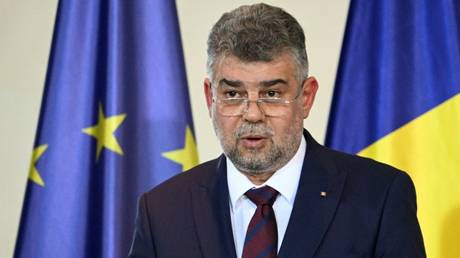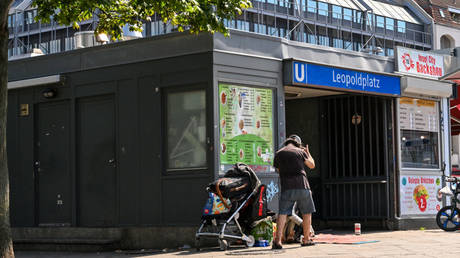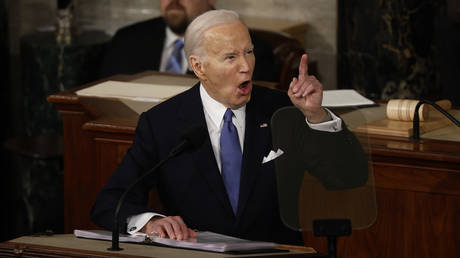ARTICLE AD BOX
Moldova’s President Maia Sandu is refusing to include an autonomous region’s elected head in her cabinet, citing “criminal” links
Moldovan President Maia Sandu has refused to sign a decree appointing the head of the autonomous region of Gagauzia, Yevgenia Gutul, as a member of the government, as required by the country’s legislation.
This is according to news portal Gagauzinfo, citing a statement made on Monday by Sandu at a press conference in Moldova’s capital Chisinau.
Gagauzia, an autonomous region in southern Moldova, had elected Gutul – a member of the opposition Shor party – as its governor last May. Moldova’s constitutional court later ordered the dissolution of the party.
“A person who works for a criminal group and not for the citizens of Moldova and the residents of the autonomy, and who makes declarations against her own country, has nothing to do in the government of Moldova,” President Sandu reportedly said, also calling for a legislative assessment of Gutul’s statements.
Commenting on a recent visit to Russia by Gutul, the Moldovan president claimed that Moscow “has made it clear that it is relying on criminal groups to destabilize the situation in Moldova.”
Gutul traveled to Russia in February to ask President Vladimir Putin to support the region in the face of “illegal actions by Moldova’s authorities.”
Read more EU applicant is dependent on us – Romanian PM
EU applicant is dependent on us – Romanian PM
The 37-year-old head of Gagauzia has been increasingly at odds with pro-EU Sandu over her election last year as the region’s leader. The refusal by the president to comply with a constitutional rule to include Gutul in the government was made on grounds of alleged irregularities in the election.
Moldova, a small nation of 2.6 million located between Ukraine and Romania, has taken a distinctly pro-Western course since Sandu came to power in 2020.
Sandu now plans to run for a second term in the presidential election this fall, promising to maintain her government’s pro-Western trajectory and to make the country a full-fledged member of the EU by 2030. She also claimed that “the regime in Moscow is seeking to control” her state through interfering in elections, even attempting a coup.
Russia has denied the allegations of meddling in the country’s affairs and accused Sandu of provoking anti-Russia sentiment.
.png)
 8 months ago
2
8 months ago
2








 English (US)
English (US)